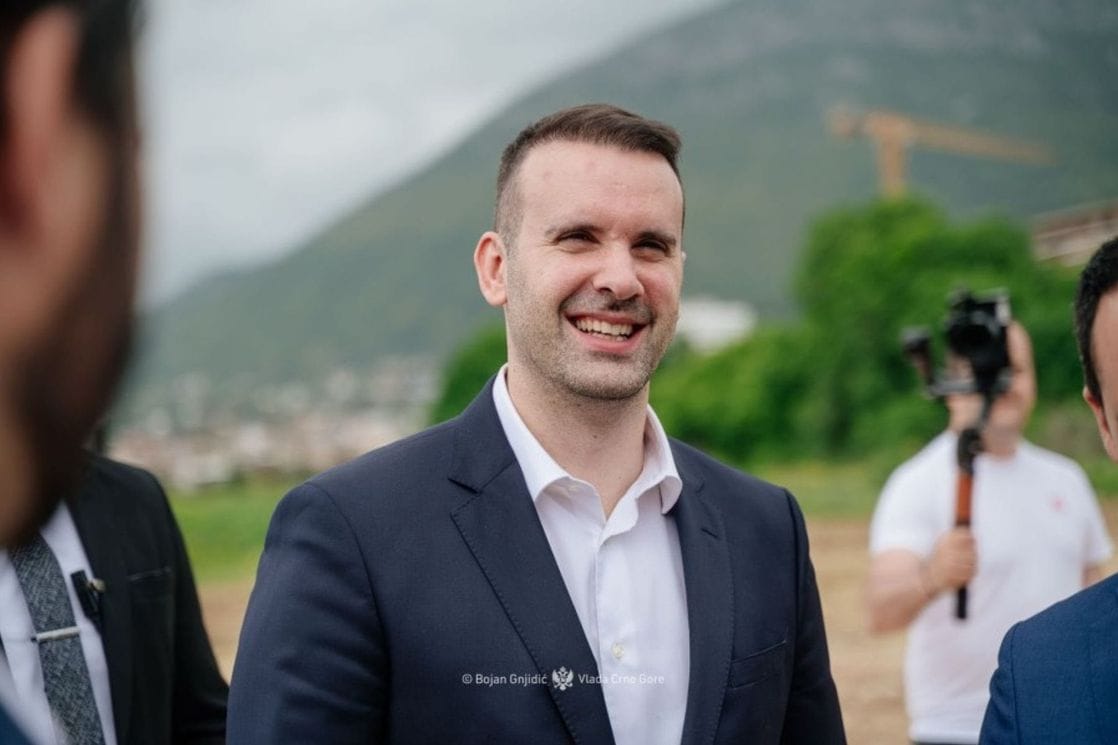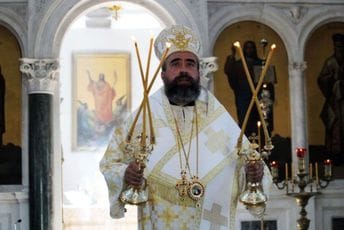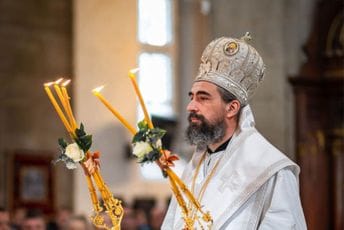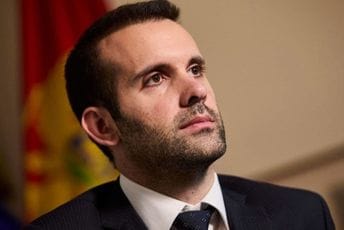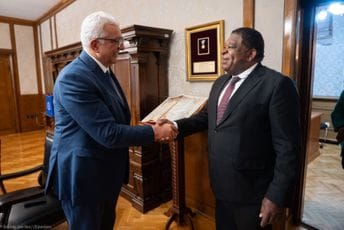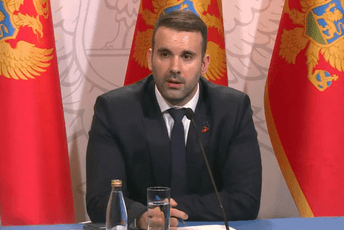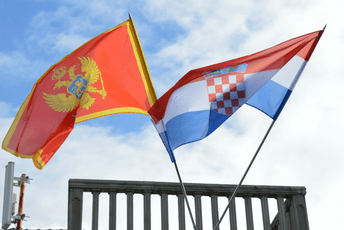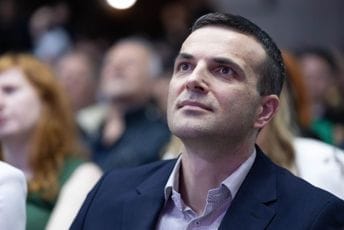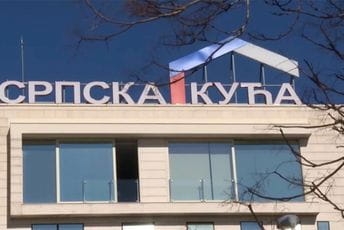Montenegro’s Prime Minister Milojko Spajić stated that Montenegro is a secular state and that everyone should mind their own business, commenting on recent controversial statements by Metropolitan Metodije Ostojić of Budimljansko-Nikšić. Metodije praised the Chetnik movement and Draža Mihailović at the Podmalinsko monastery, comparing him to Njegoš, and claimed that the post-war system in the former Yugoslavia was a Titoist-Ustaša coalition. Spajić emphasized that he does not take advice from priests on matters of history, politics, finance, economy, sports, or music. These statements have sparked reactions in Montenegro, where there is an ongoing debate about the role of religious institutions in society and politics.
Political Perspectives:
Left: Left-leaning outlets tend to emphasize the importance of secularism and criticize the involvement of religious figures in political and historical narratives, viewing Spajić’s stance as a defense of separation of church and state. They may also highlight the problematic nature of glorifying controversial historical figures like Draža Mihailović.
Center: Center-leaning sources report the facts of the statements and reactions, focusing on the political implications and the ongoing debate about the role of religion in Montenegro’s public life. They present both Spajić’s defense of secularism and Metodije’s controversial remarks without strong bias.
Right: Right-leaning media may emphasize the cultural and historical significance of Metodije’s statements, portraying the Chetnik movement and Draža Mihailović in a more positive light as national heroes. They might criticize Spajić for dismissing religious voices and frame the controversy as an attack on traditional values.
